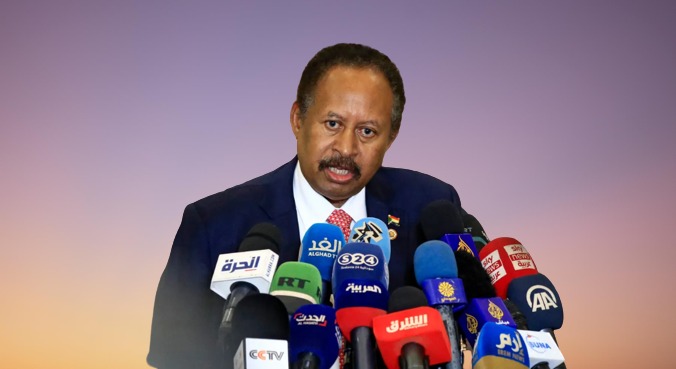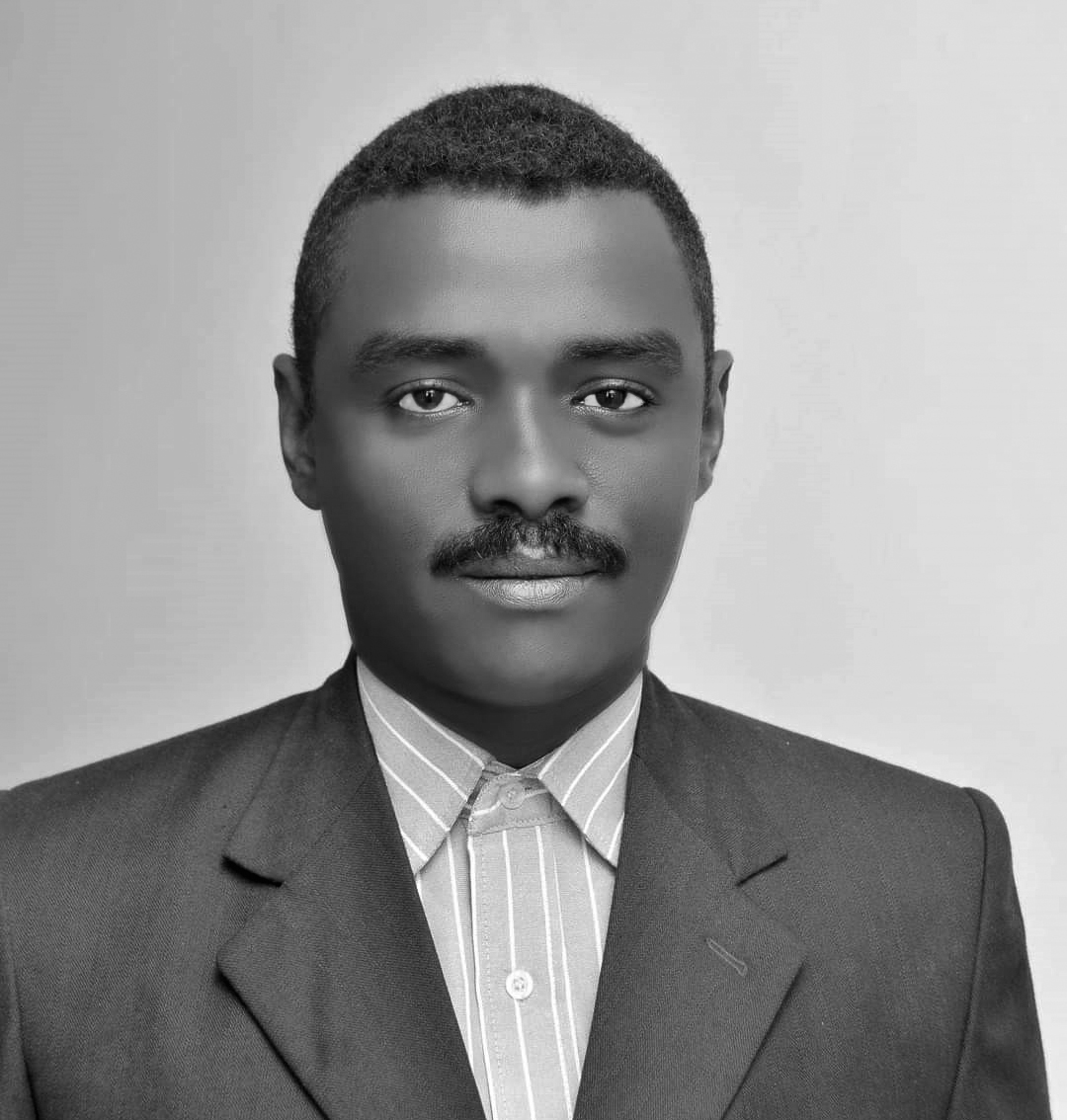
The Civil Front and the Necessity of Political Reform
Abdul Rahman Al-Ajib
As the devastating April war entered its seventh month, and the intensity of violence and military battles between the army and the Rapid Support Forces increased in several states of Sudan, at a time when the warring parties claim, "No voice rises above the sound of the battle," Addis Ababa, the Ethiopian capital, witnessed a meeting of the Civil Front at the end of last October to stop the war. The meeting succeeded in choosing the name "Taqadum," meaning the Coordination of Civil Democratic Forces, and Dr. Abdullah Hamdouk was chosen as the head of the leadership of the coordination.
For the public interest, all national forces eager to stop the war and achieve civil democratic transformation must participate in the general conference of the Civil Front to stop the war. The issues of building post-war Sudan cannot be limited to those who participated in the meetings in Addis Ababa only; it requires broad participation from citizens affected by the war, civil society, women, academics, political parties, armed struggle movements, unions, resistance committees, and political actors.
For some, the political elites and parties have failed to achieve the legitimate aspirations of the citizens due to the successive governments failure. Some even call it the "homeland of losing bets" after its ruling and opposition elites have continuously reproduced failure, presenting losing bets as solutions to its chronic crises, not to mention its failure to achieve political stability, which some attribute to the failure of the central elite and the elites accused of dooming the nation and its citizens to destruction.
For some, the process of change and transition towards democracy in Sudan is a gradual process, and it will not achieve all its goals overnight. The forces that want to establish democracy in Sudan may differ on the best ways to achieve this goal, but what unites them far outweighs what divides them. No party at this stage has the right to monopolize efforts supporting the wars cessation, the restoration of democracy, and change. Everyone has the right to participate and contribute to shaping Sudans future.
It seems that all Sudanese political parties, without exception, are not far from the nations crises but have been a cause when in power or in opposition. This is confirmed by historical facts from independence until now. Looking at these parties, they suffer from an internal organizational crisis due to calls for internal reform, which ultimately led to splits due to reform calls.
As for the idea of political reform, it is an ancient idea discussed by ancient Greek philosophers such as Plato and Aristotle in the fifth century BC. They spoke at that time about reformist ideas, and the idea became a central topic in political theories of philosophers and thinkers since Machiavelli in the Renaissance, and the emergence of the religious reform movement in Europe and the rise of the Protestant denomination led by Martin Luther.
Among the political reform movements in the West are the American and French revolutions, where the latter stood against political tyranny and sought to secure political and civil rights for citizens through the principles of freedom, equality, and fraternity, leading to the emergence of Western democracies with their different political systems, parliamentary, presidential, and mixed.
However, calls for political reform have transcended the spatial limits of the West and Europe, spreading to the Arab world, and peoples moved, breaking the barrier of fear, bringing what is known as the "Arab Spring" revolutions that toppled regimes and rulers in Tunisia, Egypt, Libya, and Yemen. The revolutions focused on demands for reform in political, economic, and social aspects. It is noted that the change that occurred in those countries was due to the dominance and triumph of the forces of change and their tools over the resisting forces that want to maintain the status quo and its tools. The glorious December revolution accomplished by the Sudanese people is not isolated from those revolutions witnessed by the world.
The Webster dictionary defines political reform as "improving the political system to eliminate corruption and tyranny," considering it a solid foundation for good governance. Among its aspects are the rule of law, popular participation in decision-making, justice, the effectiveness of accomplishment, the renewal of political life, and the correction of its constitutional and legal paths. Reform is the opposite of corruption and is intended to transition or change for the better. The Oxford dictionary defines it as "change or replacement towards the better in the condition of contrasting things, especially in corrupt or oppressive political institutions or practices, to eliminate some arbitrariness or error."
Some observers argue that there is an importance of reform in the lives of individuals, societies, political parties, and states, as it is a necessity for the progress of human life and is linked to ethical aspects, the opposite of corruption. Moreover, there is an inevitability of comprehensive reform in human life. In another sense, reform means changing the rules of the social system and addressing the deficiencies and imbalances that hinder development and the advancement of society in all its economic, social, and political aspects, touching on all aspects of material, intellectual, spiritual, and moral life in society.
According to some followers, real change means transitioning from one situation to a completely different one, including deep, comprehensive, and lasting changes. It aims for the prevalence of freedom over tyranny, justice over injustice, security over fear, education over illiteracy, and stability over chaos.
To emerge from the dark tunnel, some observers called for the establishment of a political reform movement led by the Civil Front, aiming to change the concepts of Sudanese people and their political parties in the face of realities. This movement should be based on recounting a true history and self-criticism aimed at building a new nation, free and democratic, free from losing bets that elites and parties addicted to failure have been presenting.
Others believe that building the desired Sudan will not come from tactical reactions but by making decisions based on new concepts, built on a foundation of national consensus that does not isolate anyone except the National Congress Party. It should be considered that sustainable historical transformations are made by the people, not ethnic or dominant political minorities.


